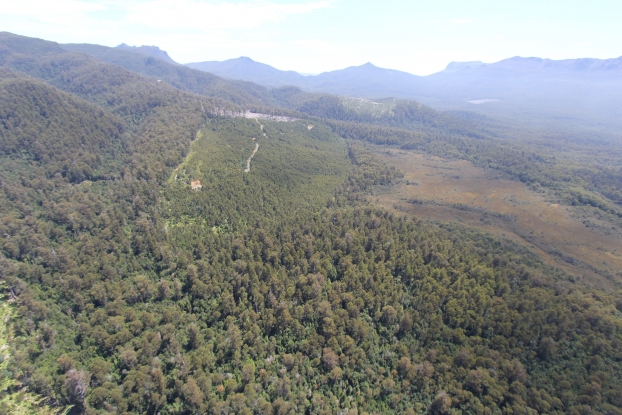
New Zealand is being accused of cheating to fulfil its international climate change obligations. A new report by the Morgan Foundation says foreign carbon credits, which New Zealand bought to reach its climate targets were fraudulent. Source: The New Zealand Herald
It says that New Zealand was the world’s biggest buyer of Russian and Ukrainian credits, which did not represent any reduction in greenhouse gas emissions.
That meant New Zealand, despite achieving its target on paper, had done little in reality to reduce global emissions.
“We are, without doubt, cheats,” the organisation’s founder Gareth Morgan said.
New Zealand’s main tool for reducing atmosphere-warming emissions is the It allows polluters to mitigate their greenhouse gas emissions by buying carbon credits from companies which capture emissions, such as the forestry industry.
Until two years ago, polluters were able to buy carbon credits from other countries that had signed up to binding targets under the Kyoto Agreement.
The Morgan Foundation’s report, written by economist Geoff Simmons and researcher Paul Young, said virtually all of the credits sold by Russia and Ukraine were “hot air” because they did not represent actual emissions reductions.
“Proportional to our emissions, New Zealand has been by far the largest purchaser of these Ukrainian and Russian credits through our Emissions Trading Scheme,” the authors said.
“This was due to deliberate decisions by the National-led Government to – unlike any other country – continue allowing unlimited use of these and other foreign credits for as long as the international community let us.”
The Government banned the purchase of foreign credits in 2014. But the foundation said that the Government planned to use the “hot air” credits to meet its international climate obligations up to 2020.
It called on ministers to “dump” the fraudulent credits Emissions Trading Scheme (ETS).
The report also highlighted the “nasty side effects” of depending on foreign credits. In particular, the cheaper international credits caused the carbon price to plummet in New Zealand, which meant the local forestry industry no longer had an incentive to plant trees.
As a result, many forestry companies converted their land to dairy farms, putting more pressure on the environment.
Climate Change Minister Paula Bennett said she had not seen the report, but she was aware of previous statements the foundation had made on international units.
“New Zealand made the best decision based on the rules at the time,” she said. “Kyoto has been replaced by the newer and better Paris Agreement.”
Mrs Bennett said the ETS was not perfect, and was now being reviewed.
“I absolutely stand by its ability to help us transition to a lower carbon economy, and international markets have a role to play in that,” she said.
The minister will sign the Paris Agreement in New York along with ministers and leaders from around the world. The agreement, which must still be ratified, establishes binding targets for all member countries between 2020 and 2030.
It aims to limit global temperature rises to 1.5C this century. Because of the difficulties in reducing agricultural emissions, New Zealand will depend heavily on purchasing carbon credits to meet its obligations.
Labour’s environment spokesman David Parker said National was to blame for failing to restrict foreign credits and refusing to put a floor on the carbon price. The subsequent carbon price collapse “made a mockery of the ETS”, he said.
“This stopped the ETS reducing emissions, to the detriment of our environment. It also harmed our economy by undermining our forest planters and caused the dairy bubble to get bigger before it burst.”
Mr Parker said the framework of the ETS – which was devised by Labour – was still sound. The scheme could be restored by including agriculture and by preventing the use of bogus units, he said.







